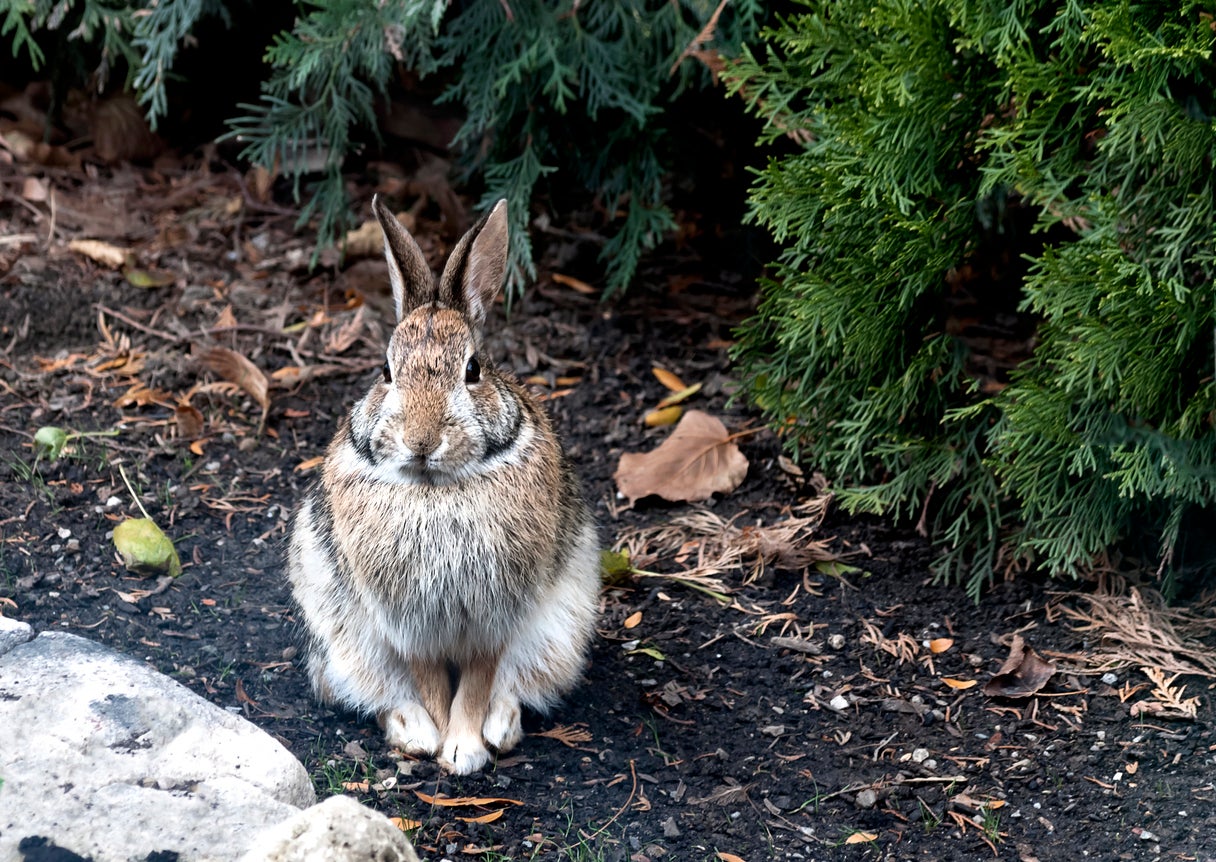Winter Wildlife Habitat – How To Help Animals In Winter


Getting through a long, cold winter can be tough for wildlife, and it’s normal to want to make their lives a little easier. If you want to help animals in winter, be sure you aren’t inadvertently doing more harm than good. Here are some tips for helping wildlife overwinter.
How to Help Animals in Winter
Birds, beneficial insects, and other critters require natural, undisturbed areas. Helping wildlife overwinter means giving up the idea of a perfectly manicured lawn and tidy garden. For instance, you can:
- Leave a few piles of leaves to create a winter wildlife habitat. Rake them into a corner where they won’t be as visible.
- Create a bundle of plant stems where birds and beneficial insects can overwinter. For example, gather a bunch of twigs or sunflower plant stalks, and tie them loosely with twine.
- Leave perennials untrimmed until spring. The seeds sustain songbirds during the winter, and the plant skeletons provide shelter.
- Plant trees and shrubs with berries. They’re not only beautiful, but they provide sustenance for birds when other food sources disappear in fall and winter.
Creating a Winter Wildlife Habitat
Include more native plants in your garden. Native plants have adapted to your region’s climate and soil, and they attract a diverse variety of birds, butterflies, and beneficial insects. Hardy native plants are drought tolerant, and they require no fertilizer, pesticides, or herbicides.
Plant as many native evergreens as possible, including low-growing plants like ferns and sedges. Evergreens provide year-round protection from predators for rabbits and other small animals. They also provide a place for birds to roost and raise their young. Many native butterflies and moths lay their eggs on evergreen trees.
Wildlife Winter Survival Tips
Birds get hungry in fall and winter, so just a couple of bird feeders can provide nourishment until spring. Provide a diverse selection of foods because different birds have different dietary requirements. Black oil sunflower seeds are a great source of nutrition and fat for a variety of birds. Nyjer thistle attracts finches and several other birds.
If possible, include suet feeders, as birds need fat for energy during the winter. Other popular foods include chunks of fruit, mealworms, or peanuts. Avoid cheap seed mixes, which consist mostly of useless fillers.
Look for squirrel-proof feeders if the rascally critters are helping themselves to birdseed. Squirrels don’t hibernate and they’re creative when it comes to finding food. If you want to help them out though, squirrels love unshelled peanuts, dried corn on the cob, or chunks of carrots and apples.
Sign up for the Gardening Know How newsletter today and receive a free copy of our e-book "How to Grow Delicious Tomatoes".
Sometimes, feeding wildlife in winter, including deer, is actually harmful. Wildlife winter survival is vital; yet it’s natural for smaller, weaker animals to die during the winter months. Attracting large groups to one area increases the risk that diseases will spread or makes the animals more prone to be hit by cars. Feeding also invites cougars, coyotes, and other predators to your neighborhood.
Deer can become aggressive and may attack smaller members of the herd, or even small dogs. Also, keep in mind that feeding deer ensures they’ll stick around to dine on your flowers and veggies once winter has passed.

A Credentialed Garden Writer, Mary H. Dyer was with Gardening Know How in the very beginning, publishing articles as early as 2007.